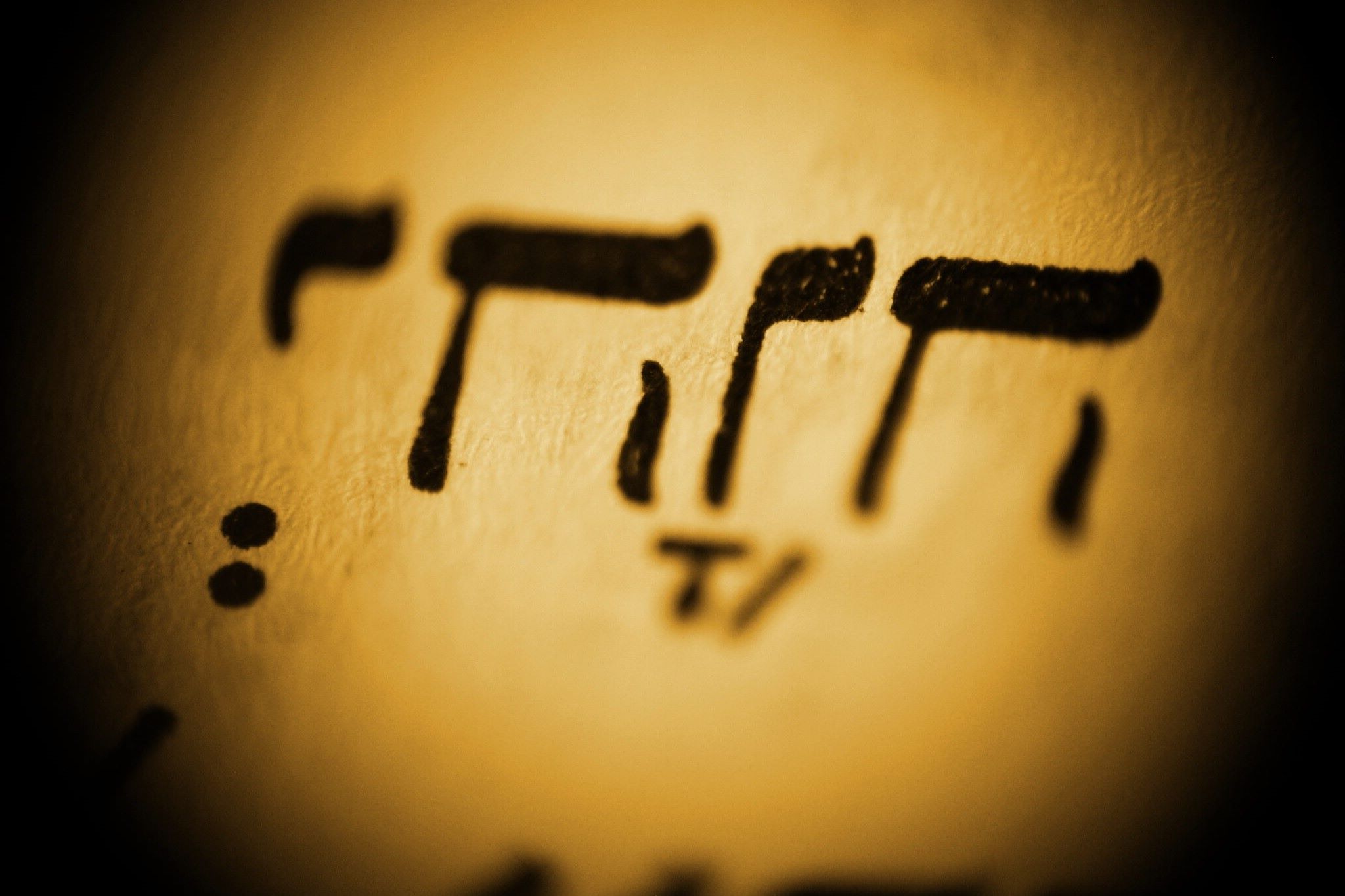13 Unique Hebrew Words You Won’t Find In English

Have you ever come across words in another language that have no direct translation in English? Hebrew is full of such gems. These unique words capture emotions, actions, and concepts that English words just can't. Imagine trying to describe a feeling or situation but finding English lacking. That’s where these special Hebrew words come in. They offer a glimpse into the culture and mindset of Hebrew speakers. Curious to learn more? Let's dive into 13 unique Hebrew words that you won't find in English. Get ready to expand your vocabulary and maybe even impress your friends with some new linguistic knowledge!
Hebrew Words That Defy Translation
Hebrew, a language rich in history and culture, has many words that don't have direct English equivalents. These unique words capture emotions, concepts, and experiences in ways that English simply can't. Let's dive into some of these fascinating terms.
Words That Capture Emotions
Some Hebrew words express emotions so precisely that translating them into English would lose their essence.
Firgun: This word means feeling genuine happiness for someone else's success. It's about celebrating others without jealousy.
Lehitboded: This term describes the act of being alone for self-reflection. It's not just solitude; it's a purposeful, introspective time.
Sababa: A versatile word used to express contentment or agreement, similar to saying "cool" or "no problem" in English.
Words That Describe Unique Concepts
Certain Hebrew words encapsulate concepts that don't exist in English, making them truly unique.
Balagan: This word means chaos or mess, but it can also describe a fun, lively situation. It's a mix of disorder and excitement.
Tachles: Used to get to the point or the essence of a matter. It's about cutting through the fluff and focusing on what's important.
Chutzpah: This term refers to audacity or boldness, often with a positive connotation. It's about having the guts to do something daring.
Words That Reflect Cultural Practices
Hebrew also has words that reflect specific cultural practices and traditions.
Shalom: More than just "hello" or "goodbye," this word means peace, harmony, and wholeness. It's a greeting and a blessing.
Mensch: This term describes a person of integrity and honor. Being called a mensch is a high compliment.
Yalla: A common word used to encourage someone to hurry up or get moving. It's a blend of urgency and motivation.
Words That Paint Vivid Pictures
Some Hebrew words create vivid mental images, making them hard to translate directly.
Tzabar: This word describes a native Israeli, likening them to a prickly pear cactus—tough on the outside, sweet on the inside.
Neshama: Literally meaning "soul," this term is used as a term of endearment, showing deep affection and connection.
Chaverim: Meaning friends, but with a deeper sense of camaraderie and loyalty than the English word "friends" conveys.
Words That Capture Everyday Life
Finally, some Hebrew words beautifully capture everyday life and experiences.
- L'chaim: A toast meaning "to life," celebrating the joys and blessings of living. It's a word full of hope and positivity.
Embracing the Beauty of Hebrew
Learning unique Hebrew words offers a glimpse into a rich culture. Each word carries a story, a tradition, or a feeling that English can't fully capture. Whether it's the warmth of "Sababa" or the deep connection in "Chutzpah," these words add depth to our understanding of human experiences.
Exploring these terms can enhance your appreciation for the Hebrew language. It can also help you connect with Hebrew speakers on a more personal level. These words remind us that language is more than just a tool for communication. It's a way to share our hearts and minds.
So next time you hear a Hebrew word, take a moment to appreciate its uniqueness. You might find yourself using it in your own conversations, adding a touch of Hebrew magic to your daily life.

